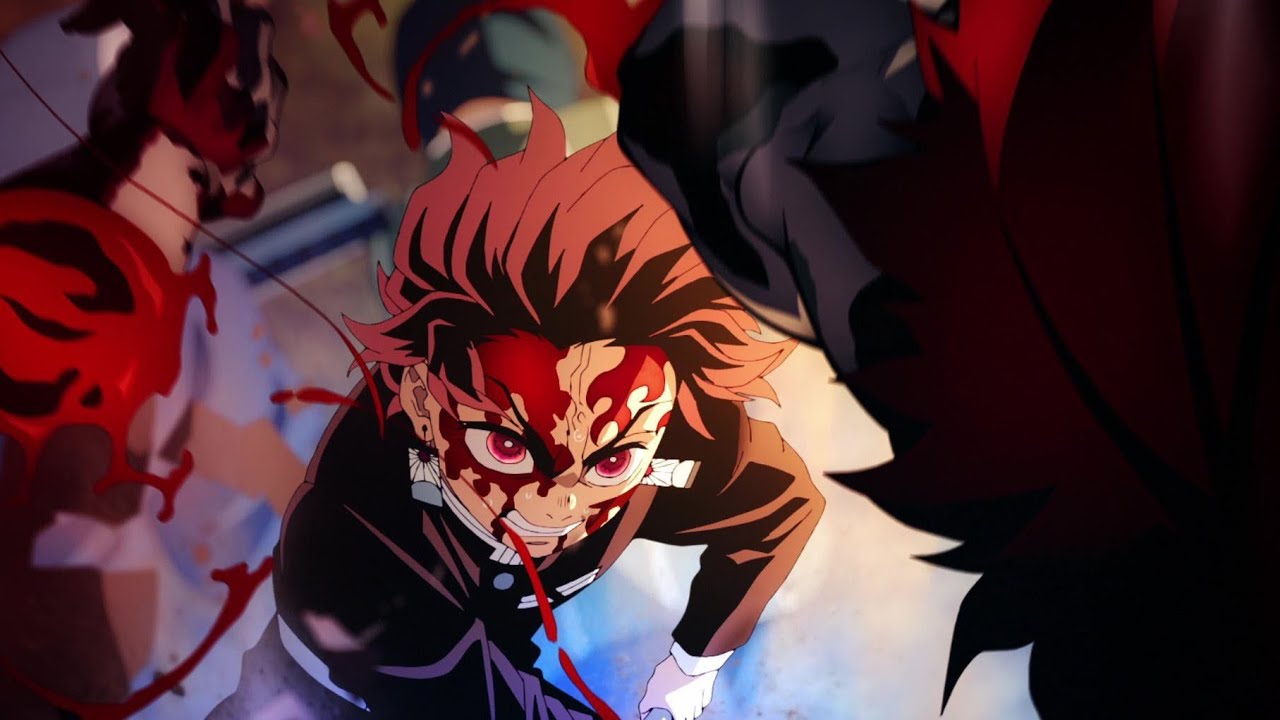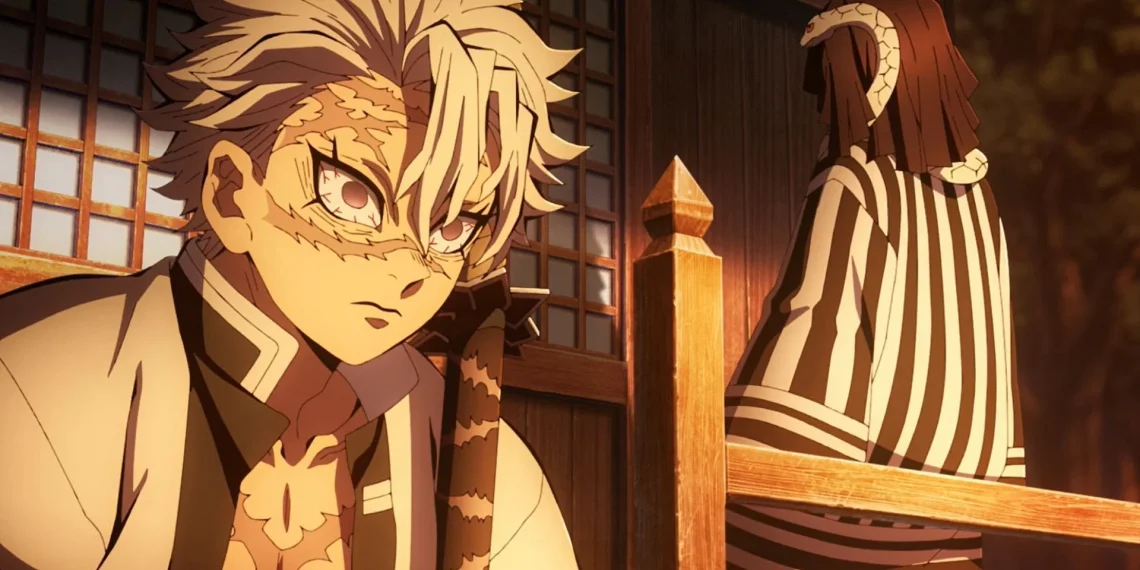The globally celebrated anime Demon Slayer has found itself at the center of controversy again—this time for being barred from a Christian film festival in the United States. Organizers stated that the anime’s use of demonic imagery, excessive violence, and sorcery disqualified it from fitting their message of “faith-based storytelling.” The rejection has led to mixed reactions across fan communities.
Festival spokespersons emphasized that Demon Slayer glamorizes demonic power, vengeance, and spiritual practices that oppose the teachings of Christianity. Citing Tanjiro’s use of breathing techniques and encounters with supernatural forces, they argued that the show promotes “a worldview incompatible with the gospel.” These claims echo previous criticisms from religious groups who have protested anime’s growing influence on Western youth.
Fans Defend Artistic Freedom

Anime fans online were quick to challenge the festival’s decision, calling it narrow-minded and dismissive of creative expression. Many pointed out that Demon Slayer is ultimately a story about love, sacrifice, and moral struggle—values not inherently opposed to religious beliefs. Others raised concern that this may set a precedent for further religious censorship of anime and international media.
Some fans referenced earlier instances where religious institutions criticized anime for similar reasons, such as when Pokémon was accused of promoting occultism in the 90s. The situation drew parallels to those outdated fears, with younger viewers suggesting that these objections reflect a generational divide more than actual moral danger. According to a report by Religion News Service, the festival reaffirmed its stance but did not ban other animation entirely.
Debate Over Morality and Media

Religious groups defending the ban argue that the boundaries between entertainment and spiritual messaging are becoming too blurred. They warn that stories involving demons and dark powers may subtly normalize harmful worldviews, particularly among children and teens. Critics, on the other hand, accuse the festival of pushing an agenda and failing to engage critically with modern media.
The controversy has sparked wider discussions about how religious values should intersect with global pop culture. Some religious anime fans argue for a more nuanced view, accepting fantastical elements while focusing on the messages of compassion and perseverance that Demon Slayer promotes. As anime’s popularity continues to rise, especially among young Western audiences, debates over its place in moral and spiritual spaces are unlikely to fade anytime soon.




